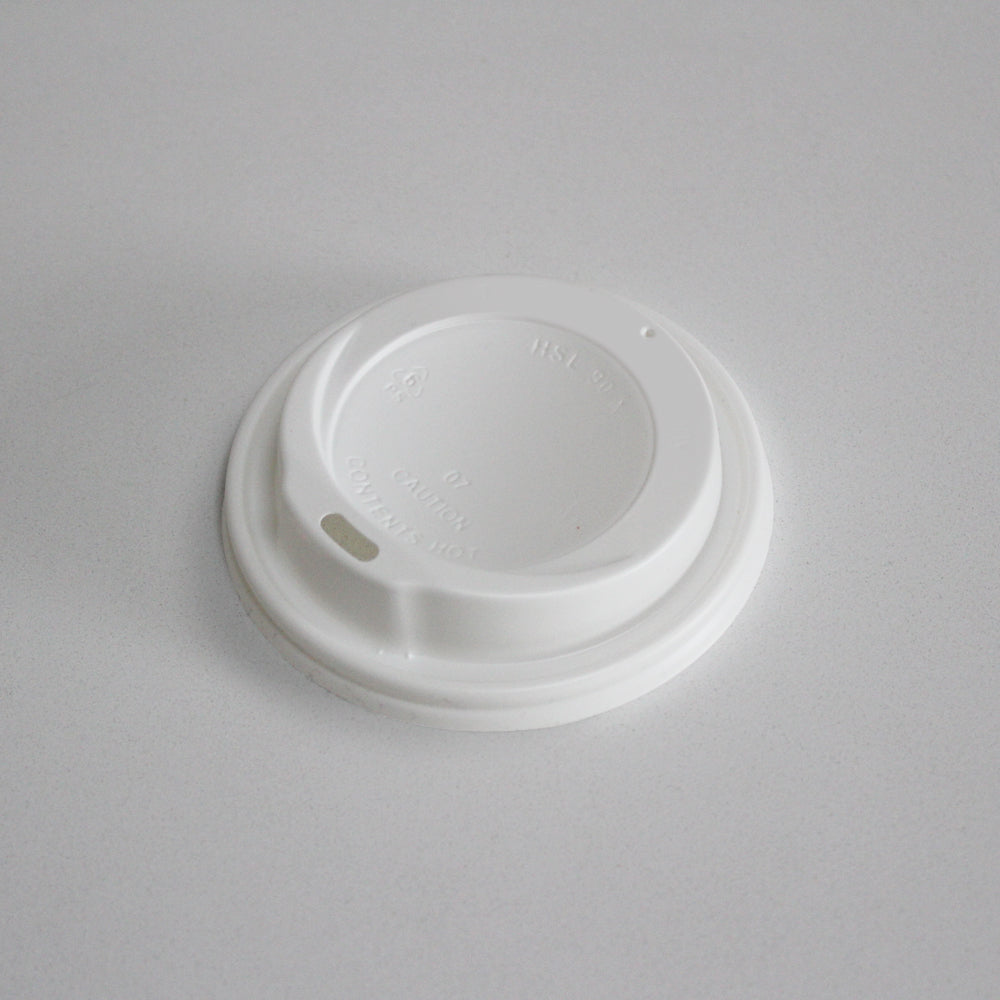The Importance of Disposable Aprons in Various Industries
In our health-conscious society, the need for hygiene and safety has taken precedence in various industries. One of the essential items that have garnered considerable attention is the disposable apron. These lightweight, protective garments serve as a barrier between the wearer's clothing and potentially hazardous materials, making them indispensable in numerous settings.
Understanding Disposable Aprons
Disposable aprons are typically made from plastic or a thin, waterproof material designed for single use. They come in various sizes and designs, making them suitable for different purposes, whether in the healthcare sector, food service, or industrial environments. The primary advantage of disposable aprons is their ability to provide protection without the need for laundering, ensuring that the wearer remains clean and reducing the risk of contamination.
Applications in Healthcare
In the healthcare industry, disposable aprons are vital in maintaining sterile environments. Medical professionals, such as doctors and nurses, often wear disposable aprons during examinations and procedures to protect themselves from bodily fluids and other contaminants. This practice not only safeguards their attire but also helps prevent the spread of infections, which is crucial in hospitals and clinics. For instance, during surgeries or when handling patients with infectious diseases, the use of disposable aprons is standard protocol.
Moreover, cleaning personnel in healthcare facilities also use disposable aprons to protect themselves while managing waste and cleaning surfaces. The ease of discarding these aprons ensures that they adhere to strict hygiene protocols, reducing the risk of cross-contamination.
Food Service Industry Necessities
disposable apron

The food service industry is another domain where disposable aprons play a critical role. From restaurants to catering services, the demand for clean and sterile environments is paramount. Chefs, kitchen staff, and servers often wear disposable aprons to shield their uniforms from spills, stains, and potential contaminants. These aprons help in maintaining food safety standards by preventing physical contamination of food products.
In addition, the use of disposable aprons in food preparation areas significantly reduces the risk of cross-contamination between raw ingredients and cooked food. With stringent regulations regarding food safety, businesses in this industry rely heavily on disposable aprons to uphold cleanliness and hygiene.
Industrial Uses and Environmental Considerations
Beyond healthcare and food service, disposable aprons are also used in various industrial settings, such as laboratories and manufacturing plants. These environments can involve hazardous materials, chemicals, or biohazards. Disposable aprons provide workers with a barrier against spills and splashes, protecting both themselves and their clothing.
However, as the world becomes increasingly aware of environmental issues, the use of disposable plastics raises concerns. Many manufacturers are responding to these concerns by creating eco-friendly disposable aprons made from biodegradable materials. This innovation allows industries to maintain hygiene standards while minimizing their environmental impact.
Conclusion
The role of disposable aprons in various industries cannot be overstated. From maintaining hygiene in healthcare settings to ensuring food safety in restaurants, these protective garments are essential. While the environmental challenges posed by disposable products are legitimate, the ongoing development of sustainable options is promising. As consumers and industries work towards fostering a cleaner and safer environment, disposable aprons will continue to evolve, balancing the necessity for protection and the imperative of environmental responsibility. In essence, disposable aprons represent an intersection of safety, hygiene, and innovation that is critical in today’s world.



